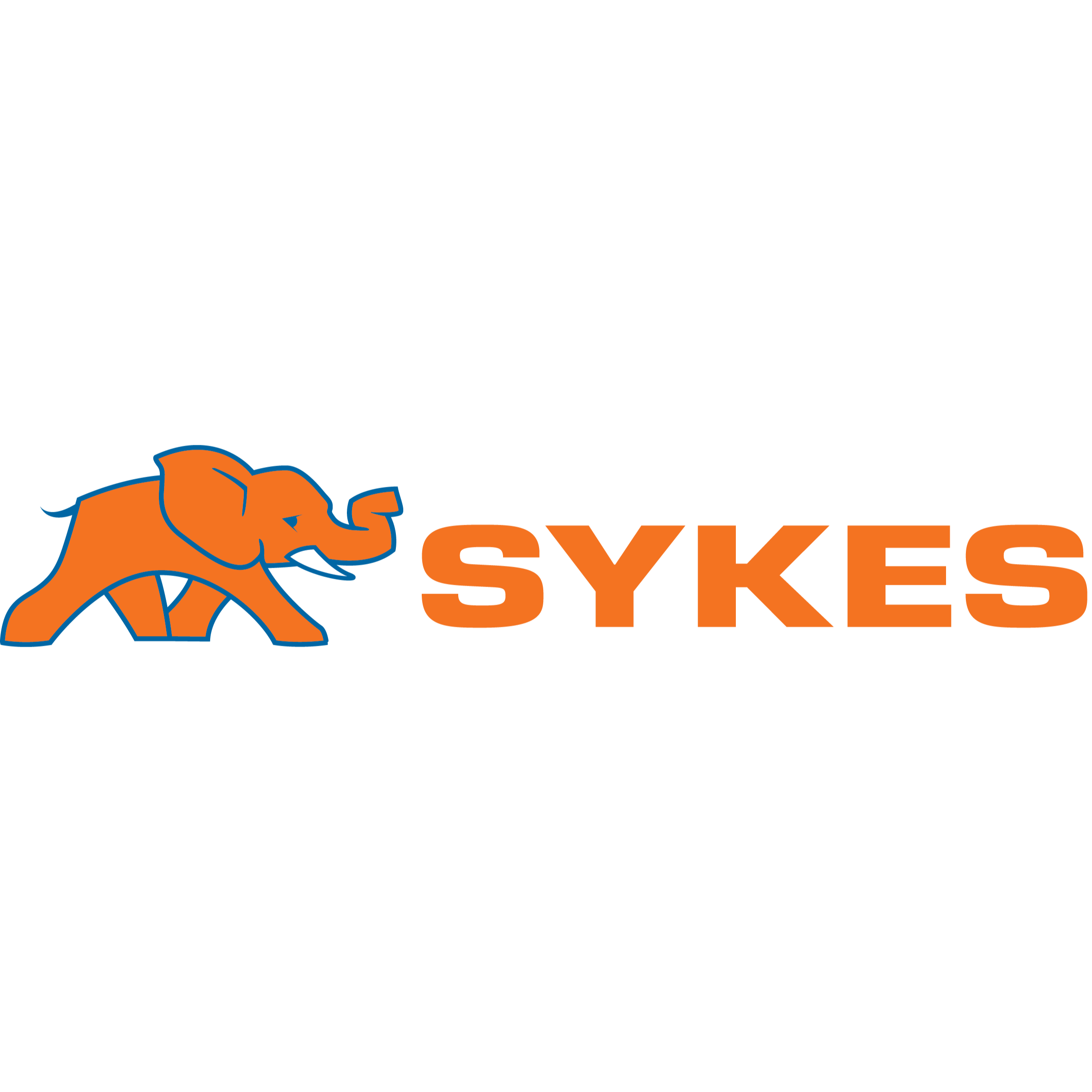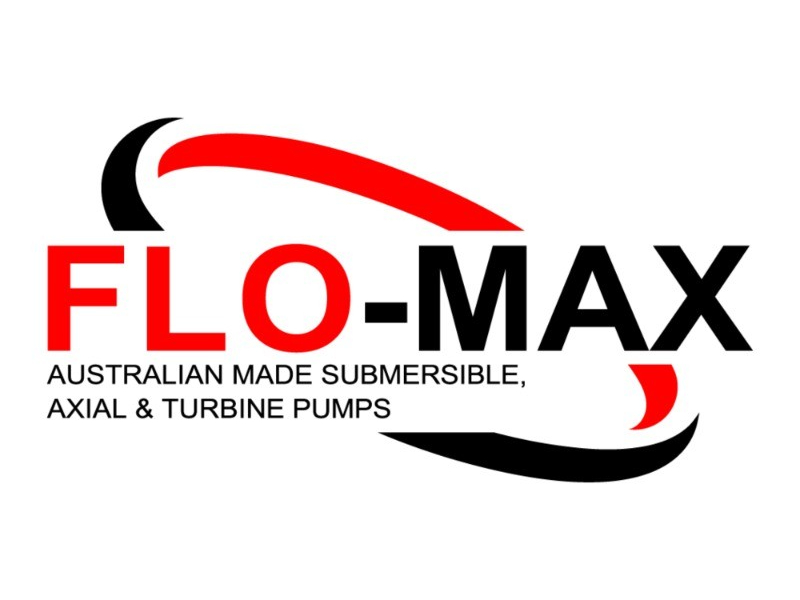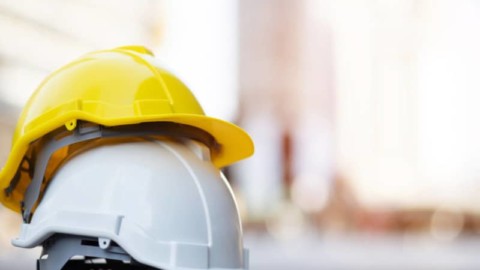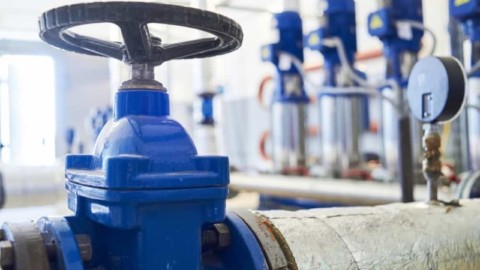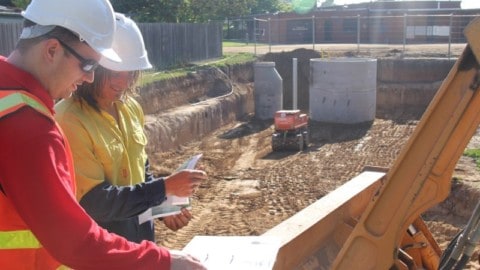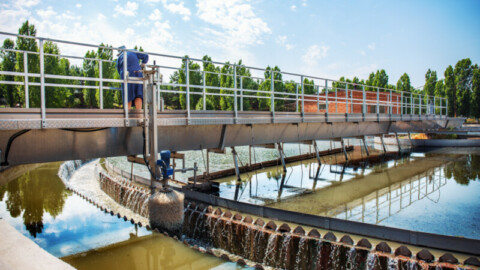The pump industry relies on expertise from a large and varied range of specialists, from experts in particular pump types to those with an intimate understanding of pump reliability; and from researchers who delve into the particulars of pump curves to experts in pump efficiency. To draw upon the wealth of expert knowledge the Australian pump industry has to offer, Pump Industry has established a panel of experts to answer all your pumping questions.
As energy costs remain high around the world, increasing the operational efficiency of wastewater treatment plants (WWTPs) continues to be of great importance. One process that is often overlooked is the transport of dewatered sludge to silos, containers or other storage locations. This edition of Ask an Expert looks at a combination of progressive cavity pumping and dense phase pneumatic conveying called Smart Air Injection (SAI). This cutting-edge technology improves process efficiency and significantly reduces energy consumption, investment and lifecycle costs, resulting in an unprecedented reduction in total cost of ownership.
Q. What are the challenges of transporting dewatered sludge over long distances?
A. Highly viscous media, such as dewatered sewage sludge, are difficult to pump over long distances due to their weak flow characteristics. Poor flowability causes significant pressure loss in the pipeline, which can only be overcome by using sequential pumping solutions such as belt and screw conveyors with multiple drive units. These multiple drive units require a large amount of energy and maintenance, resulting in higher energy and maintenance costs. Large high-powered pumping solutions could also be used to transport dewatered sludge (i.e. piston diaphragm or multi-stage progressive cavity pumps) but again, as with belt and screw conveyors, both energy and maintenance costs are much higher with these alternatives.

For dewatered sludge transport, the SAI system offers unprecedentedly low energy consumption and reduced total cost of ownership.
Q. What is so special about this new pumping solution?
A. Smart Air Injection (SAI) pumps viscous media with variable dry solids content over long distances. It is a customised solution that uses a combination of progressive cavity pumping and dense phase pneumatic conveying to transport highly dewatered sludge discontinuously in short plugs, unlike any other conventional conveying technology. As a result, friction losses occur only along these plugs and not in the entire pipe, resulting in numerous unique advantages, such as the ability to transport up to 1km with a low-pressure pump and PN10 piping.
Q. How does this technology work?
A. With SAI, the sludge is first compacted by an open hopper pump in the pressure pipe and then conveyed by pulsed compressed air injections, similar to a pneumatic post system. The timing of the air injection is determined by an algorithm optimised for the SAI application based on the discharge pressure level. In addition, the sludge plug is coated with a lubricant solution to reduce pipe friction for dense phase conveying, thereby increasing the energy efficiency of the entire system. Overall, very little compressed air is required for pumping.
Q. Our WWTP is a complex network of machinery and piping. Do I have to build everything from scratch?
A. No, the existing old piping can still be used, although the new system does not require high-pressure piping and valves. The good news is that the solution is extremely flexible. This means that distances of up to 1km with changes in direction and elevation are no problem. In the case of rebuilds, SAI systems can also be adapted to new plant layouts.
Q. What are the greatest advantages of this pump system?
A. This state-of-the-art technology can significantly reduce operating costs by up to 72 per cent for energy and 88 per cent for maintenance. Reduced discharge pressure extends the life of all conveying components. Investment costs are reduced by up to 90 per cent through the use of thin-walled piping and valves (PN10). As a customised pumping solution, it is designed to meet the needs of the plant and is parametrised on site to optimise energy consumption. It is also remarkably economical, as the total investment and follow-up costs are comparatively low.
Peter Vila, Managing Director of SEEPEX Australia, is a progressive cavity pump expert. He has been involved with pumps for over 40 years. Peter spent the first five years repairing pumps and the following 35 years in technical sales, 20 of which have been with SEEPEX progressive cavity pumps. For more information on progressive cavity pumps, please contact SEEPEX Australia on (02) 4355 4500 or at [email protected]



